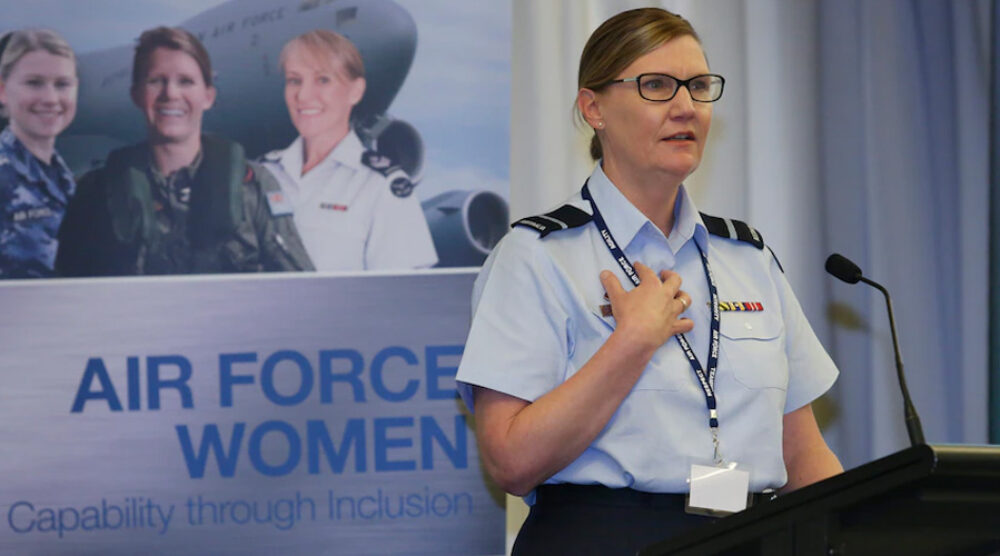KAREENA DHILLON AND ELISE STEPHENSON |
The United Nations’ Women, Peace and Security (WPS) agenda reflects strong evidence that involving women in questions of peace and conflict leads to better stability. This recognition has been adapted to a wide range of settings through various Security Council resolutions. Yet space security has been largely left out of these discussions.
Conflict in space poses threats that may disproportionately affect women and girls. Indeed, conflict in space would be a “threat multiplier” to existing gender inequalities, meaning that women have fewer resources to deal with the fallout and may be exposed to greater harm resulting from disruptions to critical satellite technology in already-fragile conflict zones.
For instance, the targeted destruction of satellites – the threat of which was demonstrated by Russia’s direct ascent anti-satellite test in 2021—may impact everything from women’s access to telecommunications to finance, navigation, disaster response and education. This would further inhibit women’s autonomy in contexts where access to critical services and rights is already limited.
Please click here to read the full “Expanding the Women, Peace and Security agenda to the next frontier—space” article published at The Interpreter, written by Kareena Dhillon and Griffith Asia Institute Adjunct Fellow, Dr Elise Stephenson.








